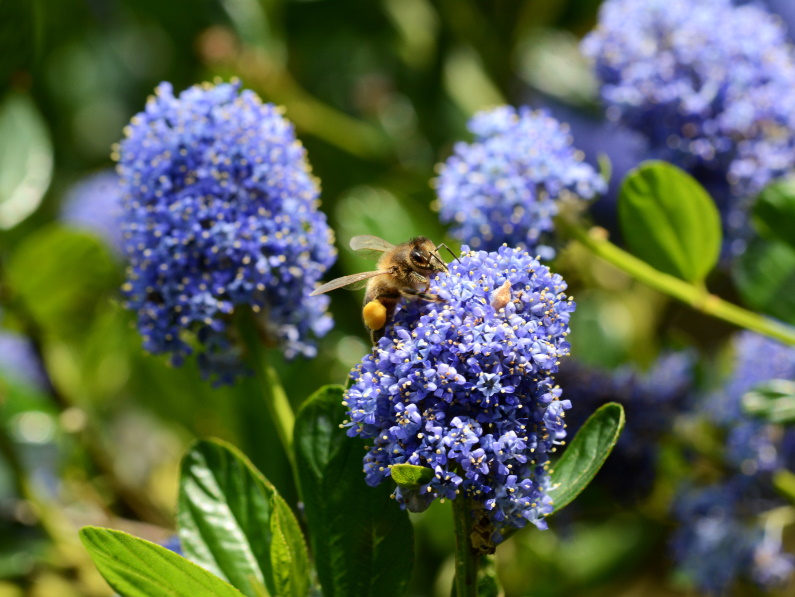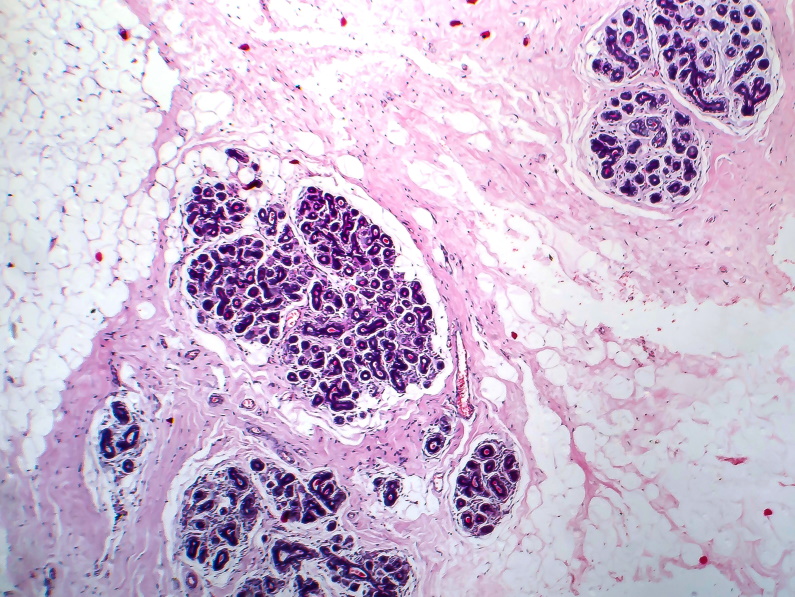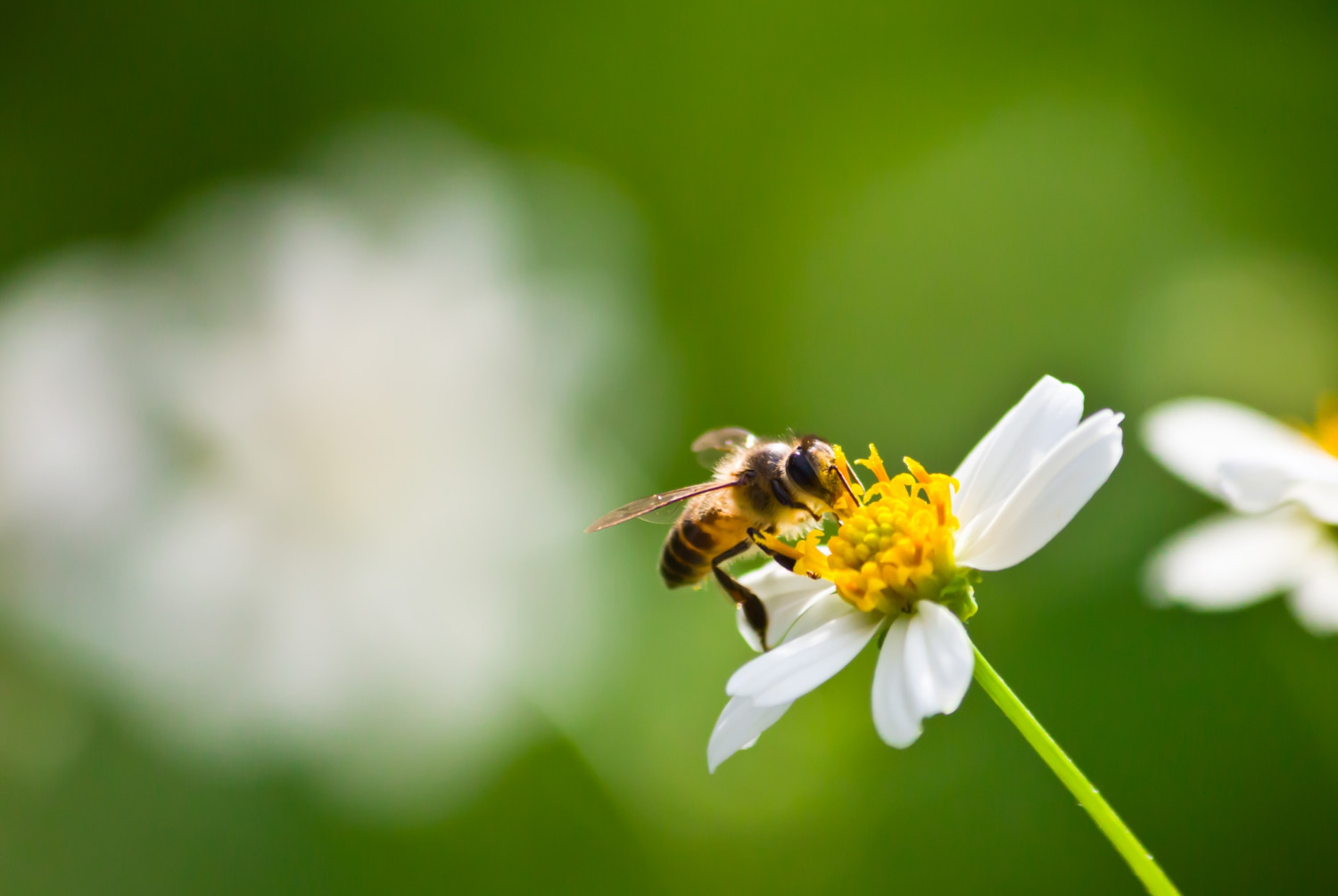
The cancer community has a new subject of significance to discuss that may open a new realm of research. Honeybee venom from bees kills cancer cells.
Scientists and researchers that work at the Harry Perkins Institute of Medical Research in Perth, Australia made the discovery. More than 300 honeybees and bumblebees, tested for venom, may help treat aggressive forms of breast cancer: triple negative and human epidermal growth factor receptor 2 (HER2-positive).
Tumor Markers and Aggressive Breast Cancer
Doctors use tumor marker tests, like Estrogen (ER), Progesterone (PR), and HER2. Tumors that test negative for ER, PR, and HER2 are called triple-negative breast cancer. Doctors treat these breast cancers with chemotherapy. HER2-positive breast cancer is also very aggressive and doctors target this with chemotherapy as well. Because both triple negative and HER2-positive breast cancer are associated with the poorest outcomes, researchers are focused on the discovery of more effective therapeutic strategies as a major priority in clinical oncology.

During the study, scientists worked with melittin, a compound inside venom. They found that it could induce cell death in breast cancer cells in 1 hour. And without destroying healthy cells. Interestingly, within 20 minutes of scientists administering melittin, they found that it disrupted the passing of chemical messages. This makes it hard for the cancer cells to grow and divide.
Melittin works by suppressing the activation of epidermal growth factor receptor (EGFR) and HER2. It does this by interfering with the phosphorylation of these receptors in the plasma membrane of breast cancer cells. HER2-enriched cancer and triple-negative breast cancer are so aggressive because they have large numbers of these receptors.
Melittin with Chemotherapy
They also found that when subjects took melittin alongside chemotherapy drugs, the melittin formed pores inside the membranes of cancer cells. This in turn helped the chemotherapy drugs to penetrate the cells better. Scientists combined the chemotherapy drug, docetaxel, with melittin. They found that it killed breast cancer in mice more than docetaxel alone. This is important because it may increase the efficacy or reduce the dosage of chemotherapy drugs, which could reduce terrible side effects.
Scientists need to conduct more animal studies to demonstrate how venom from bees kills cancer, and melittin’s efficacy. This will tell us whether it will be completely safe in humans.







